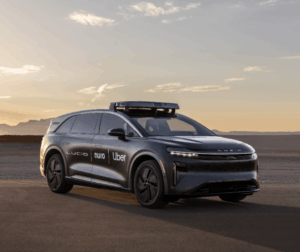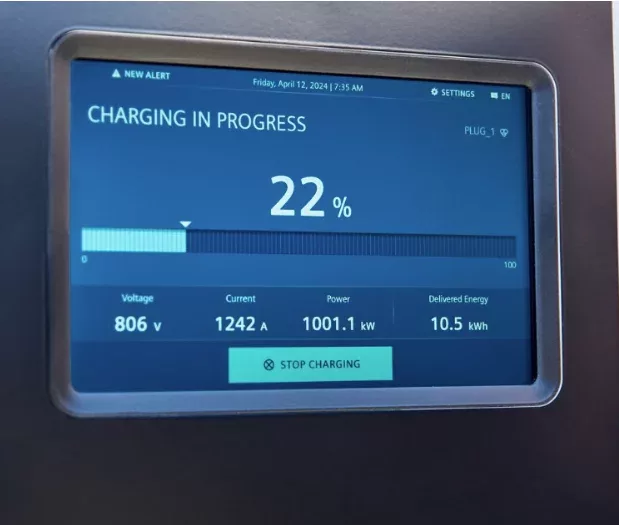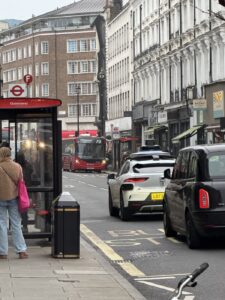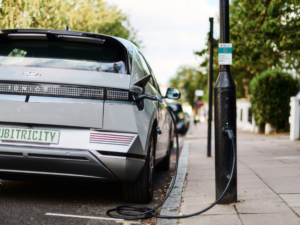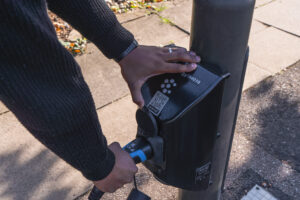Siemens Smart Infrastructure has completed the first successful 1MW charge, in a pilot which brought together a prototype MCS charging station from Siemens and a long-haul prototype eTruck from a well-established OEM.
Growth in the battery electric truck industry is being driven by technological developments in both battery and charger technology. The growing demand for zero emission transportation solutions remains pertinent for long-distance haulage with numerous opportunities for fleet operators. In combination with the current Combined Charging System (CCS), Megawatt Charging System (MCS) will become a game-changer in heavy-duty electrification.
MCS charging can successfully contribute towards sustainable long-distance transport for heavy-duty vehicles. To drive further progress in the sustainable transformation of this high emitting transport sector, Siemens has introduced a prototype of the SICHARGE Megawatt Charging System. Based on the existing portfolio, the MCS consists of multiple SICHARGE UC150 power cabinets, a switching matrix and a customized MCS dispenser. The switching matrix is the central element in the MCS, bundling the output power of the charging stations and, depending on the requirement, directing the power to the MCS dispenser. Batteries commonly used in eTrucks could be charged from 20 to 80 percent in about 30 minutes at a suitable charging station with an output of around one megawatt.
Markus Mildner, CEO eMobility, Siemens Smart Infrastructure, added: “Especially in long-distance transport, electric trucks and coaches will need fast MCS during the legally prescribed driving time break. To ensure nationwide distribution of this, various requirements must be metincluding on the governmental side. However, the successful test brings us a big step forward on the technology side and underlines our ambition to actively make transport more sustainable.”
